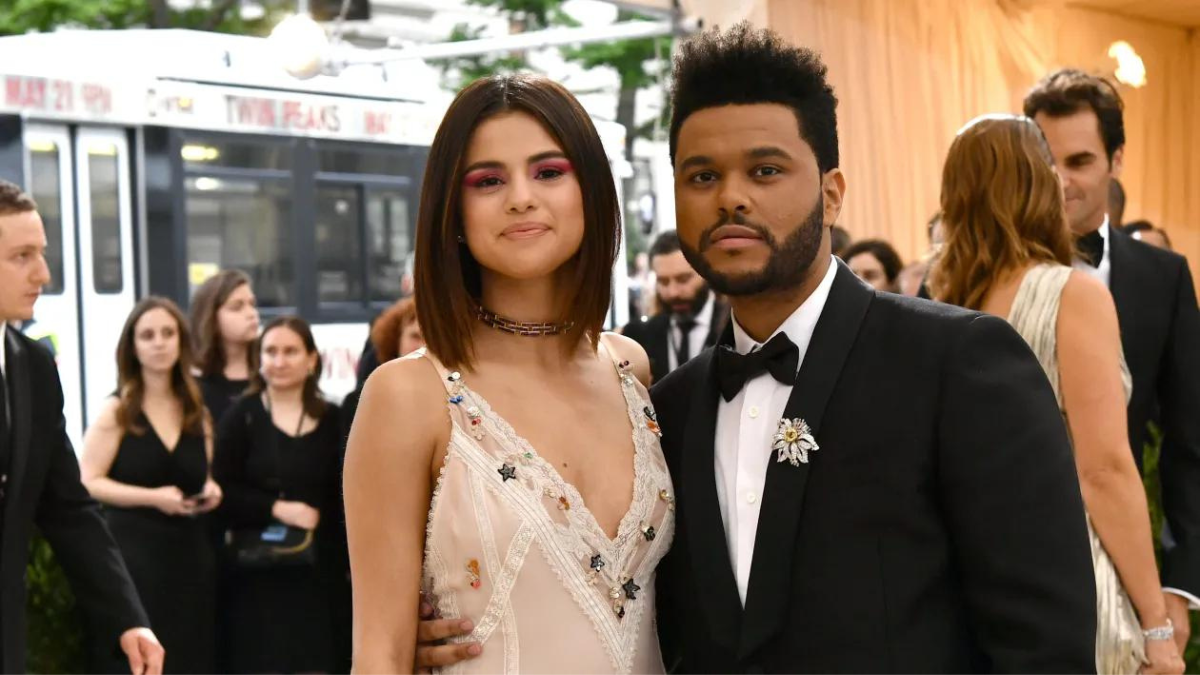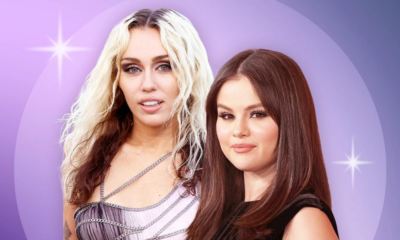‘No way!’ This was Selena Gomez’s comment to an artificial intelligence (AI) singing the 2016 song Starboy, which was originally performed by her ex, The Weeknd. When a fan asked her “How did you find Selena’s viral cover of starboy voiced with artificial intelligence?”, the singer replied “scary”.
The track was released by The Weeknd (Abel Makkonen Tesfaye) in November 2016, around two months before he and the Calm Down singer confirmed their romance with a PDA-packed date night in Los Angeles. Then in January 2017, the couple was seen dining at Giorgio Baldi. The Weeknd and Selena Gomez split ways in October that year.
The AI-fusion of Selena’s talent has once again highlighted the limitless possibilities offered by artificial intelligence. This has also got fans excited. “I mean I’d be scared too if someone used my voice on songs. Imagine waking up one day to hear your voice on a song you know you didn’t sing without your permission.”
It’s definitely a new era where musicians, singers and technology take center stage. We can expect more of such “starboy”. Technologists believe AI has become increasingly advanced in recreating human voices and performances. Experts believe that for the AI-voiced Starboy, an AI algorithm was likely used to imitate Selena’s singing style. Thus, a unique rendition of Starboy.
ALSO READ: Immobile’s Confirmation Fuels Speculation of Saudi Interest in Italian Football
A couple of months ago, Paul McCartney told BBC Radio 4 that he would use AI to create the final Beatles song, including vocals from the late John Lennon. Then McCartney clarified nothing has been artificially or synthetically created. The English singer is using artificial intelligence to “clean up and old recording” made by the bandmates while they were using a process called stem separation. Back in February, DJ David Guetta made headlines when he announced a sample of Eminem’s voice he had played during a live set had been created with AI.
But the availability of AI voice-cloning technology is forcing the music industry to question whether in the near-future they will need flesh-and-blood pop stars at all.
















